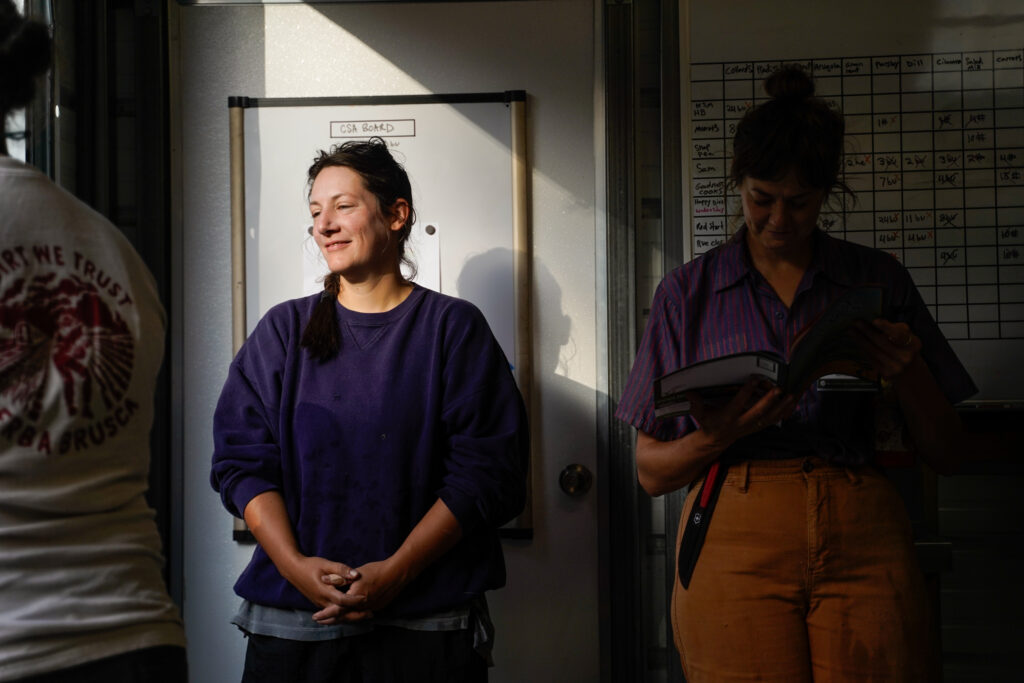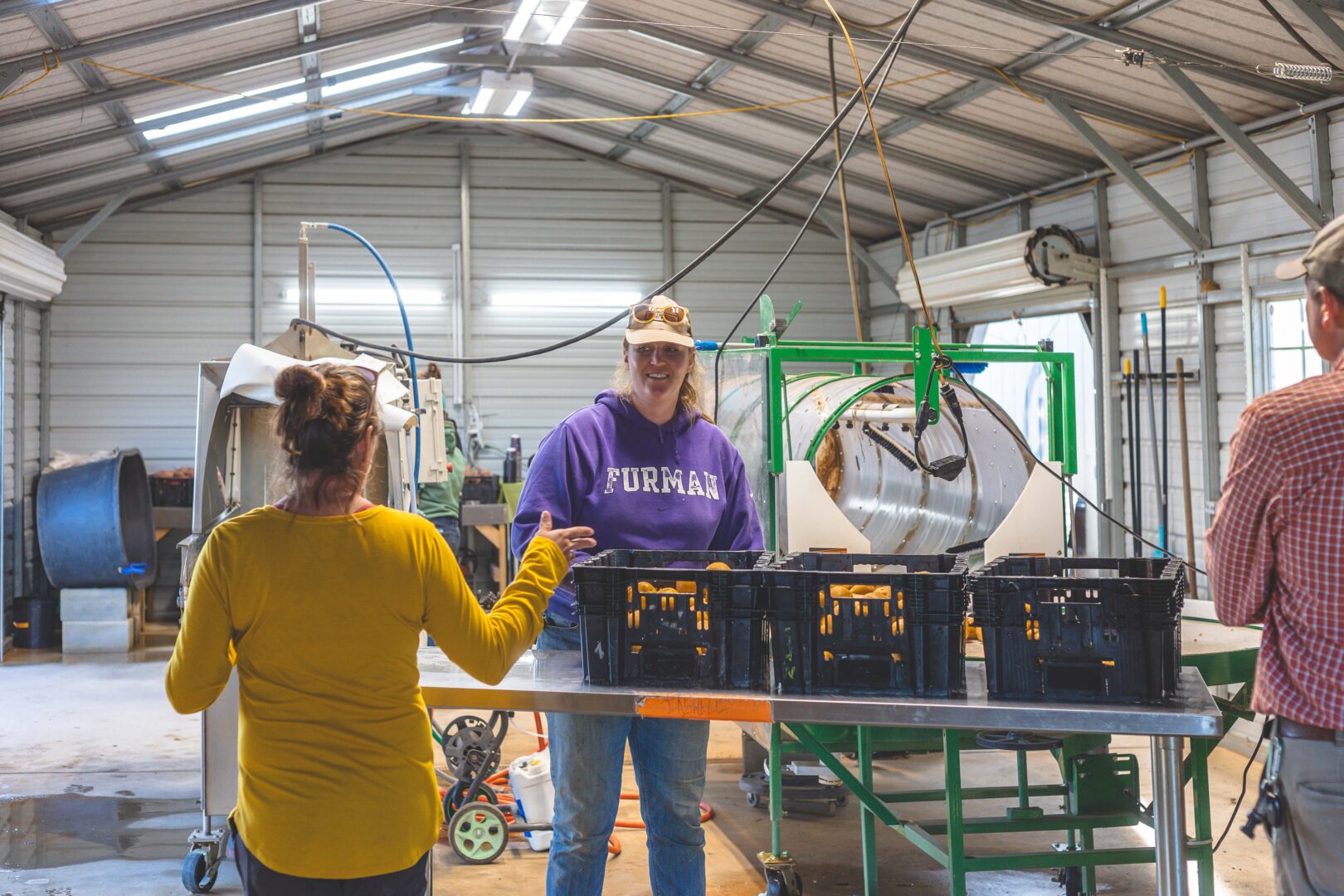Background
Published in January 2023, the U.S. Department of Agriculture’s new Strengthening Organic Enforcement (SOE) rule has proven to be one of the biggest changes to the National Organic Program (NOP) since its inception.
Designed to protect organic integrity and bolster farmer and consumer confidence in the USDA organic seal, SOE targets organic control systems, farm-to-market traceability, import oversight authority and enforcement of organic regulations. Organic supply chains have become increasingly complex, and the SOE was crafted out of an effort to increase transparency in the organic market.
The USDA currently estimates that, as a result of the SOE rule, approximately 1,000 domestic businesses will require organic certification for the first time. Those affected include not just producers, but businesses and organizations throughout the organic supply chain. The rule features a 14-month implementation period, and compliance is required by March 19, 2024.
New Regulatory Changes
The most significant change is that more operations in the organic supply chain will be required to become certified organic. Previously, only producers interested in selling organic products would need certification. Under the new SOE rule, anyone that produces, but also handles, organic products will need to become certified. Under the new rule, “handling” products involves the sale, processing or packaging of agricultural products, including but not limited to, trading, facilitating sale or trade on behalf of a seller, exporting for sale in the U.S., combining, aggregating, packing, repackaging, labeling, storing, receiving or loading. In other words, businesses that do not even physically handle products may still need to become certified organic if they engage in any of the above activities.
The rule also requires that operations label non-retail containers with critical information designed to prevent contamination and support traceability. “Non-retail” containers can include everything from produce boxes, bulk containers, harvest crates, storage bins and more, and the label must include language identifying the contents as organic.
Regarding on-site inspections, the SOE requires that all certifiers conduct a minimum number of unannounced inspections per year. This was previously required through guidance in the NOP Handbook, but is now codified in USDA regulations.
Language has been added that requires certifiers verify traceability within an operation, as well as traceability to their certified suppliers. The rule also mandates that inspectors conduct mass-balance audits to confirm that an operation’s inputs match its outputs, in an effort to detect the fraudulent use of nonorganic ingredients.
Organic traceability recordkeeping is also becoming stricter. When using a non-certified intermediary, such as an exempt wholesaler or shipping company, certified operations will now have to maintain records showing both the last certified operation to possess or handle the product, and that organic integrity was maintained by the intermediary.

Impact on Small Organic Producers
Though the rule is designed to build consumer trust in the organic label and strengthen compliance with organic regulations, small organic operations and processors will be forced to comply with the new SOE processes in the same manner as any large operation.
While a very small organic operation, one with annual gross sales of $5,000 or less, is still exempt from needing certification, many questions remain around the SOE’s potential impact on organic supply chains, and the degree to which any problems may be passed on to organic producers downstream.
Small producers may face pressure from buyers to provide produce in sealed, tamper-evident retail packaging (STERP) to avoid any requirement that the buyer become certified. Using STERP could increase costs for small producers, while not using STERP could limit their overall ability to sell produce.
Storage facilities will be required to be certified if they store products for producers not sealed in STERP, which may result in storage sites currently used by small producers refusing service to avoid new certification requirements. If storage locations begin requiring STERP, this new cost would be passed on to producers.
Though the new mass-balance audits required by SOE could increase overall inspection time, and thereby certification cost for producers, many small farms have their fees covered by the national Organic Certification Cost Share Program (OCCSP). The changing non-retail labeling requirements may also have cost implications for small producers, though it is too early to know to what extent.
Overall, major downstream impacts on small producers will need to be examined in 2024 once enforcement of the rule begins in March. There are likely still many processors and other supply chain businesses waiting to decide on whether to pursue certification, and it remains to be seen what disruptions this will have on producer-purchaser relationships.
Summary
The Strengthening Organic Enforcement rule proves to be one of, if not the most, widespread change to organic policy since the formation of the NOP. Impacting producers, certifiers, processors, exporters, and more, this rule will reduce the number of uncertified entities throughout the overall organic supply chain and strengthen supply chain traceability.
This effort, however, has the potential to pass along direct and indirect costs to producers, regardless of their size. Cost and paperwork associated with certification continue to persist as a barrier to new and existing organic producers, and implementation of the SOE is likely to exacerbate this. Further analysis will be needed once enforcement begins to determine the size and scope of costs passed on to producers, as well as support and outreach needs for producer compliance.
Outreach for new and existing organic producers should emphasize a streamlined approach for guiding producers through the required recordkeeping process, as well as a continued push for improved training among organic certifying agents.
A downloadable version of this post is available.
This work was supported through the United States Department of Agriculture (USDA) Transition to Organic Partnership Program (TOPP). TOPP is a program of the USDA Organic Transition Initiative and is administered by the USDA Agricultural Marketing Service (AMS) National Organic Program (NOP).
About the Author
Matt Kneece is CFSA’s policy director, which oversees CFSA’s advocating for state and federal policies that better support local food, organic farming, and resilient regional food systems. He works closely with CFSA members and allies to educate policymakers on issues of importance to the local, organic farming communities and spearhead grassroots communications in support of specific policy needs.
A native of South Carolina, Matt combines a background in governmental affairs and public policy with a passion for sustainable agriculture to serve as CFSA’s policy director.
Read more about Matt in his staff Q&A!
Photo credits:
Lead photo: Open Door Farm in Cedar Grove, NC, by Stacey Sprenz. Second: Red’s Quality Acre in Durham, NC, by Angelina Katsanis.



